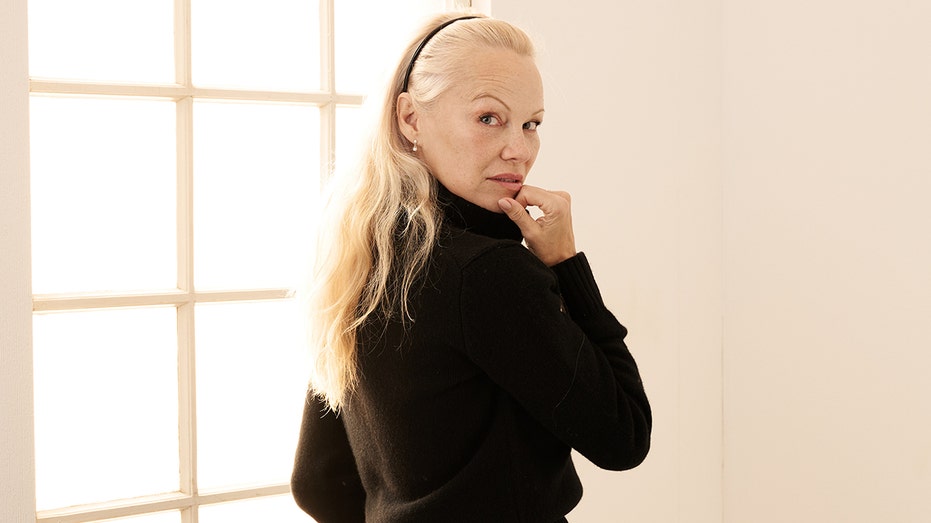Procook serves up return to profitability promising sustained growth
Kitchenware maker Procook has said it "plans to accelerate profitable growth over the medium term" thanks to the strategic inroads and trading "momentum" borne out in its full year results in which the firm returned to profitability.


Kitchenware maker Procook has said it “plans to accelerate profitable growth over the medium term” thanks to the strategic inroads and trading “momentum” borne out in its full year results in which the firm returned to profitability.
For the year ended 31 March 2024, revenue at the firm stayed very similar to the figure reported for 2023, only rising 0.4 per cent to £62.6m, or 1.7 per cent, excluding Amazon channels.
The decision to leave Amazon did improve profitability at the FTSE Fledgling Index-listed firm, though, helping it back into the black with an underlying profit before tax of £1m. Last year, Procook closed at a loss of £0.2m.
The number of active customers at the Gloucestershire-headquartered company, which founder Daniel O’Neill grew from his garage, rose by 5.6 per cent, breaking the 1,000,000 barrier. It successfully attracted 687,000 new customers to shop with the brand in FY24.
The results come just over two months after the company upped its trading guidance in the wake of growing market share.
Lee Tappenden, Procook’s CEO, commented: “We have made good strategic progress and improved our trading performance throughout the last year, growing revenue, returning to profitability, and reducing net debt through positive cash generation.
“Our unique direct-sourced and own-brand specialist proposition which offers high quality product at unbeatable value, with outstanding customer service, resonates very well with customers.
“This, combined with our strong foundations and a fragmented marketplace, provides a significant opportunity to raise brand awareness, expand our customer base, and increase our market share. We have a clear plan to accelerate profitable growth and we are focused on building a stronger customer-focused business that will support our growth ambition.”
Tappenden was bullish about its outlook despite a “subdued” market, saying that he expected the firm to “build on [its] recent performance, delivering sustainable and profitable growth… in the current financial year and beyond”.
The firm has struggled to adapt to the cost of living crisis, with its share price trading at 88 per cent lower now than in November 2021, when it floated to great fanfare on the London Stock Exchange.



